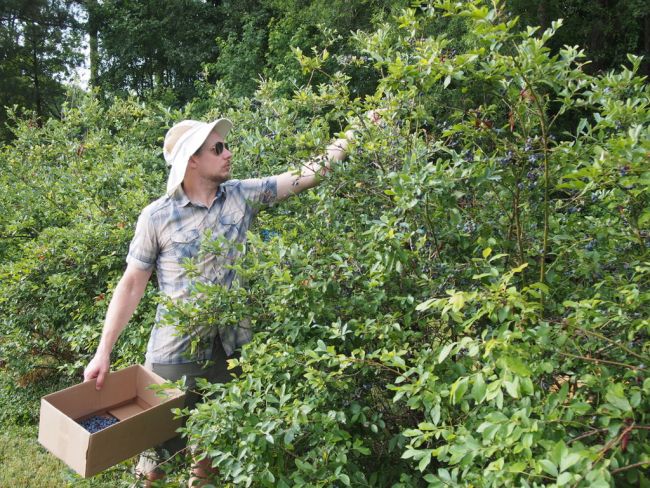Requirements
Find detailed information about requirements and courses for current students (NetID required) »
For more information about the certificate, contact:
Norbert Wilson
Professor of Food, Economics, and Community
norbert.wilson@duke.edu

